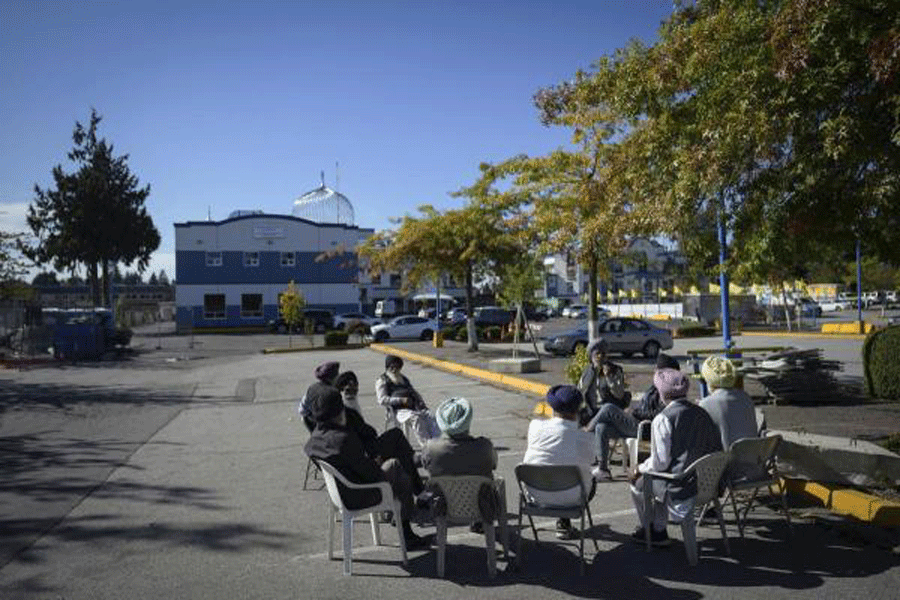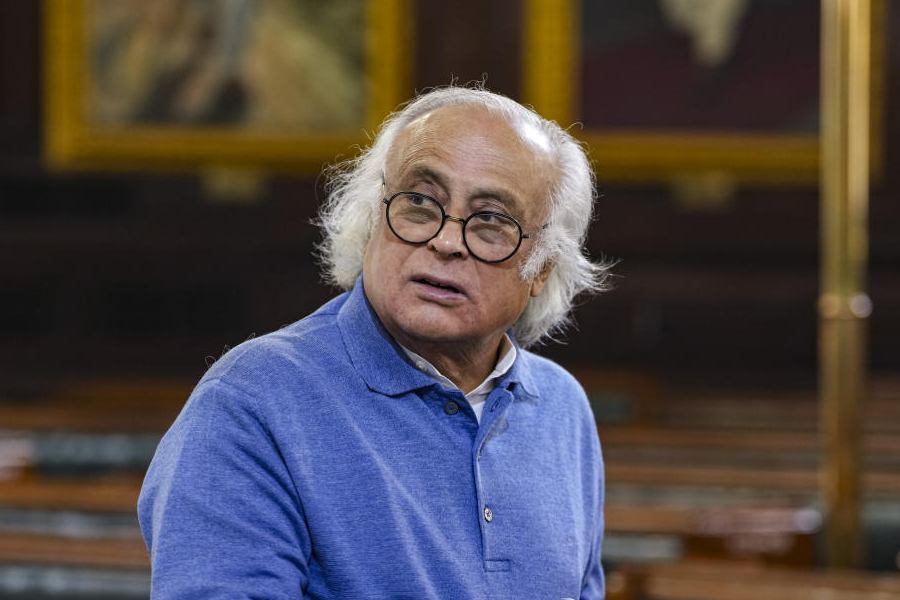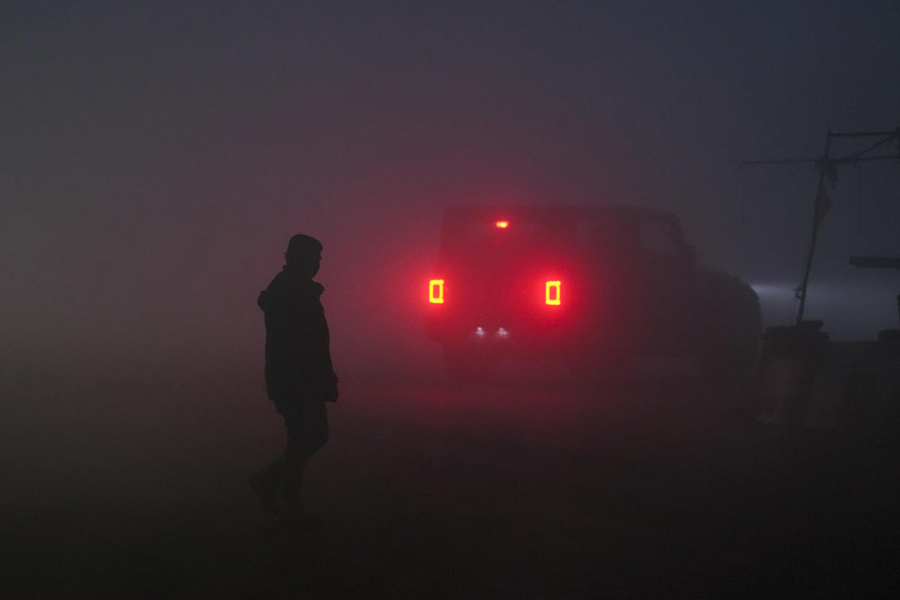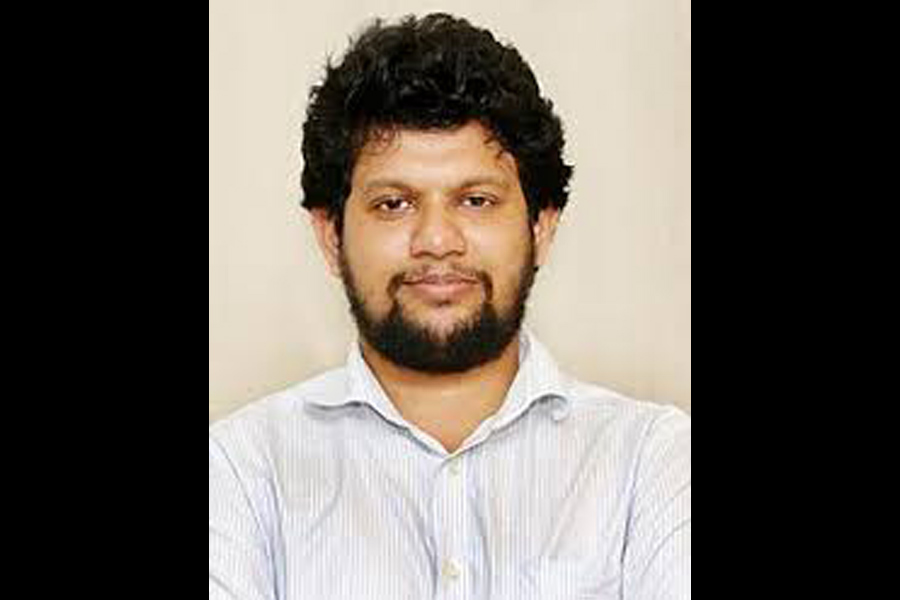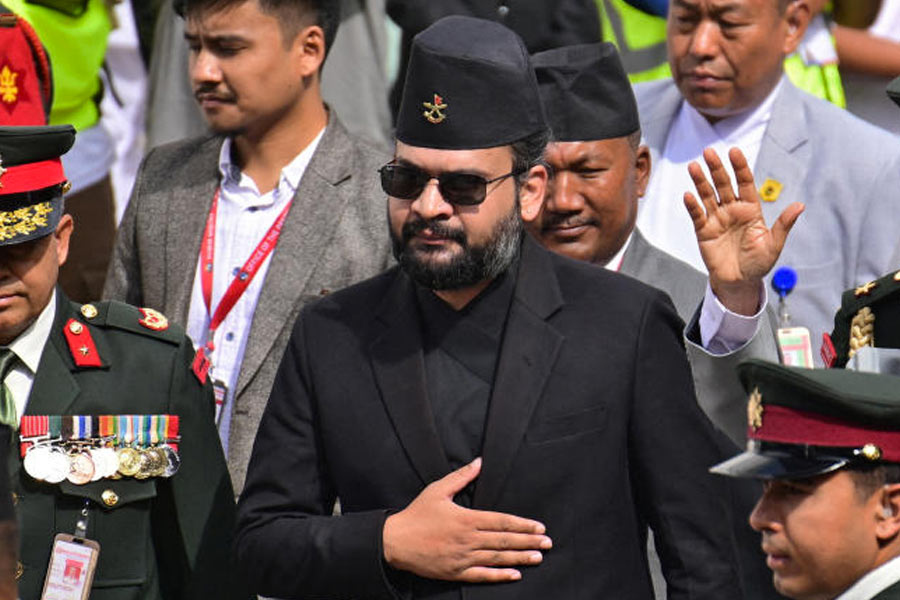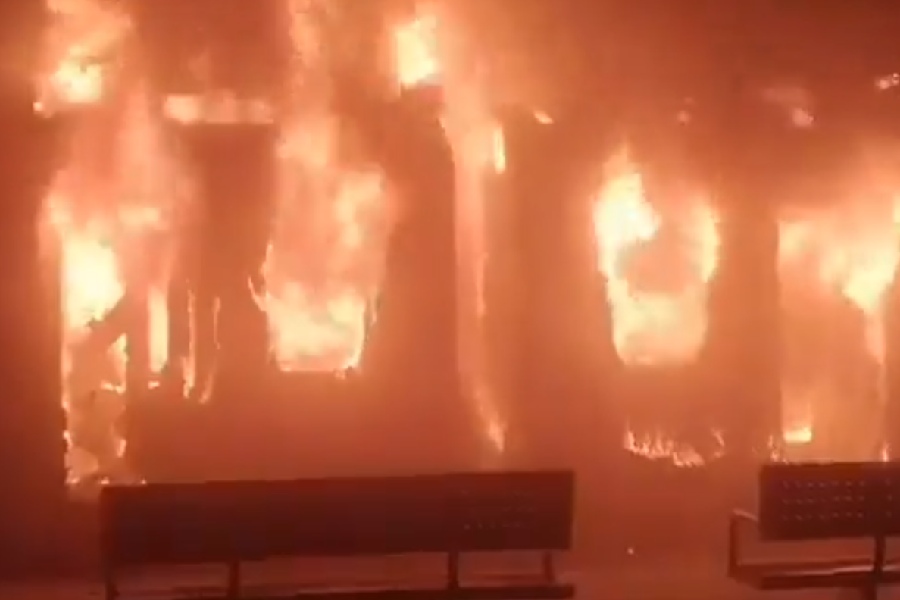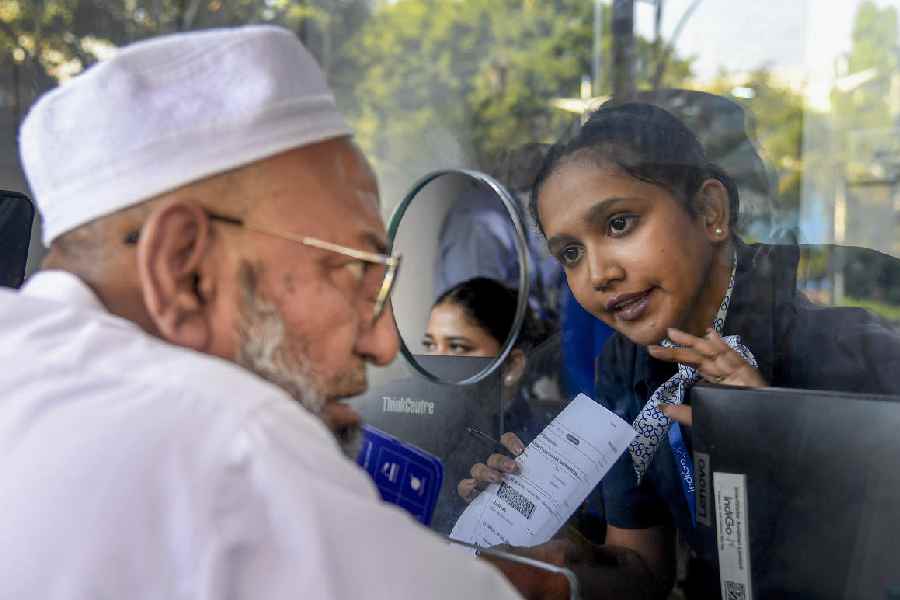The Centre has asked its security agencies to identify all Khalistani militants and their sympathisers based in the US, Canada, Britain, Australia and other countries so that their Overseas Citizenship of India can be cancelled and their entry banned, government sources said on Sunday.
“The agencies have also been asked to identify the properties and bank accounts these people have in India, and seize them,” a security official attached to the Union home ministry said.
“So far, the agencies have identified 19 absconding Khalistani terrorists staying in countries like the UK, US, Canada, the UAE and Pakistan.”
The move comes amid an escalating diplomatic standoff between India and Canada over Prime Minister Justin Trudeau’s linking of Indian government agents to the June assassination of Khalistani extremist Hardeep Singh Nijjar on Canadian soil.
The official said the move would help the government choke the flow of finances from India to Khalistani terrorists and prevent their sympathisers from visiting the country.
On Saturday, the National Investigation Agency confiscated a plot of land and parts of a house belonging to Canada-based “designated individual terrorist” Gurpatwant Singh Pannu in Amritsar and Chandigarh, respectively, under the Unlawful Activities (Prevention) Act.
Pannu is the “general counsel” for the outlawed Sikhs For Justice, a North America-based organisation accused of secessionist activities in Punjab.
In 2019, the Narendra Modi government had removed the names of 312 alleged Khalistani sympathisers from a blacklist of 314 then barred from entering India. The blacklist was created in the 1980s at the peak of Khalistan militancy.
The Modi government’s decision to drop the 312 names from it had made them eligible for Indian visas and OCI cards.
Among those who could visit India as a result was Ripudaman Singh Malik, accused of financing the 1985 Kanishka bombing that killed more than 300 people on board but eventually acquitted for lack of evidence. He was on a US no-fly list at the time of his India visit.
In January 2022, Malik wrote a letter to Modi thanking him for all that he had done for the Sikh community. He wrote another letter addressed to the community praising Modi and saying that “I do not believe it is right to unfairly criticise the Prime Minister”.
The letters came at a time the Sikh community in India was unhappy with Modi over the three farm laws and his response to the protest by farmers. The BJP ecosystem had tried to paint the protesting farmers as Khalistanis.
Malik was killed later in the year.
Nijjar had denied a role in the killing.

